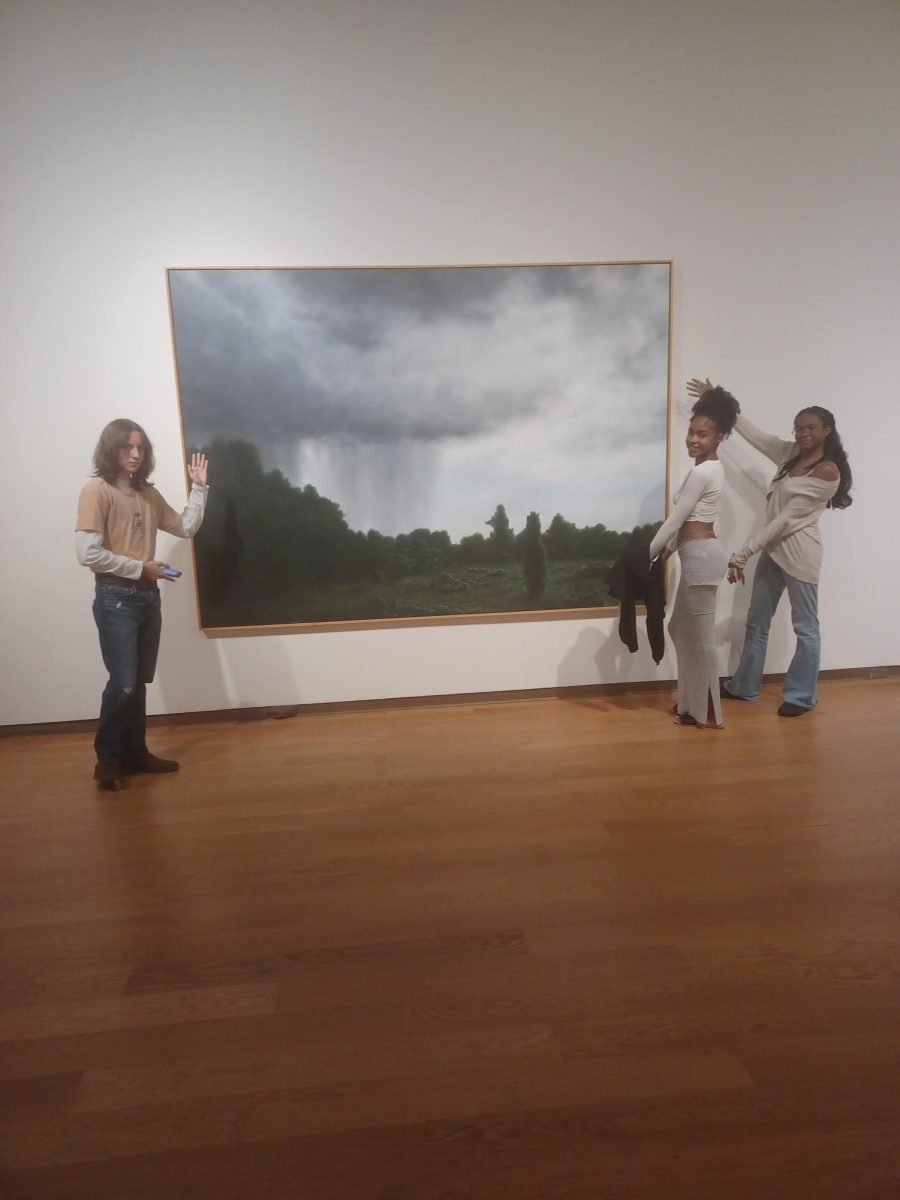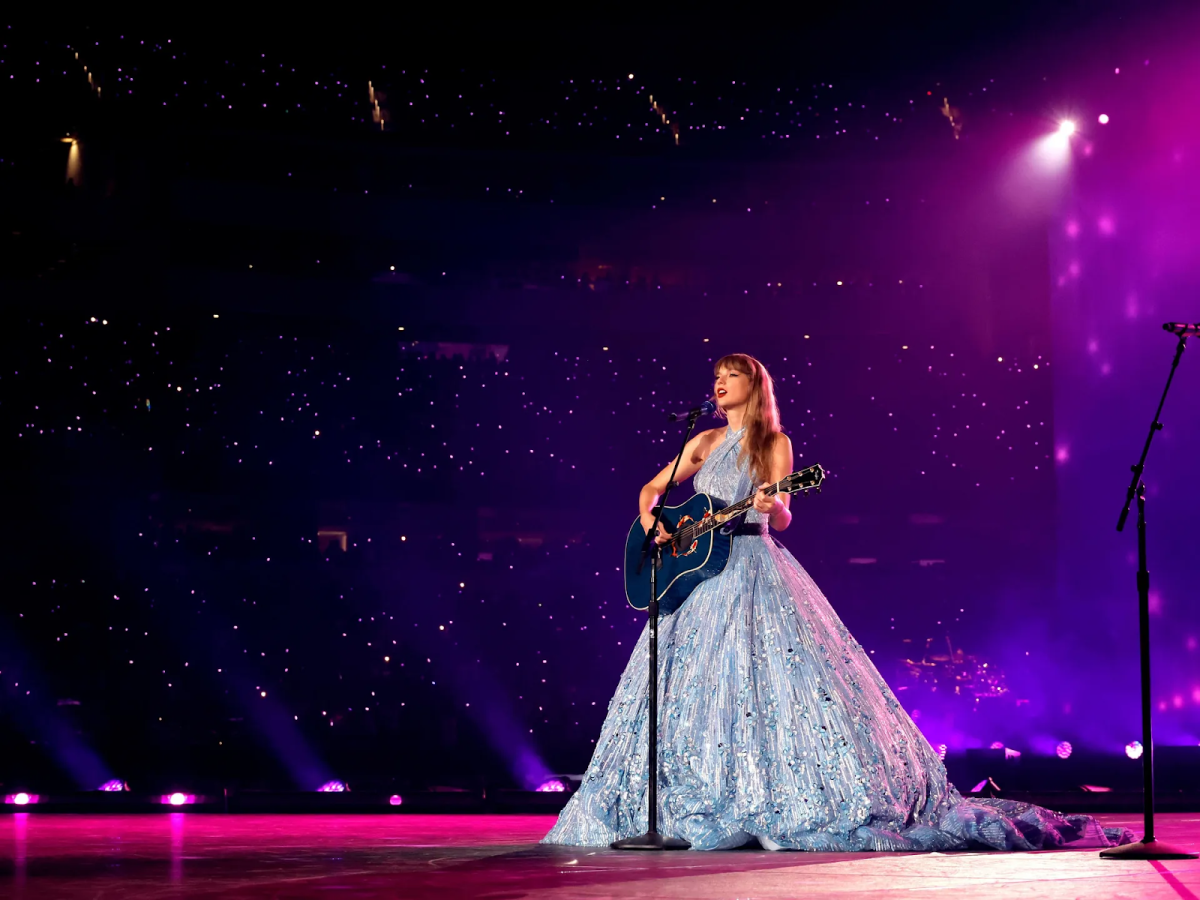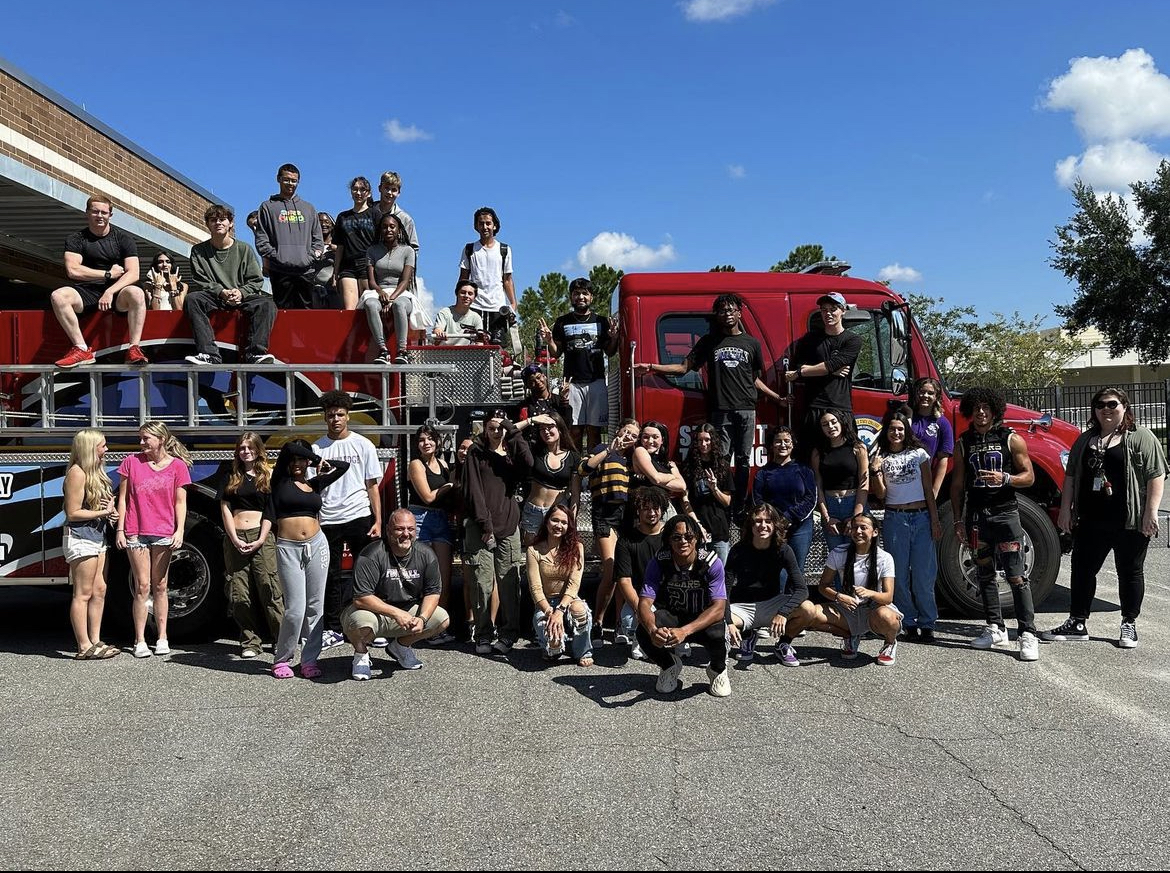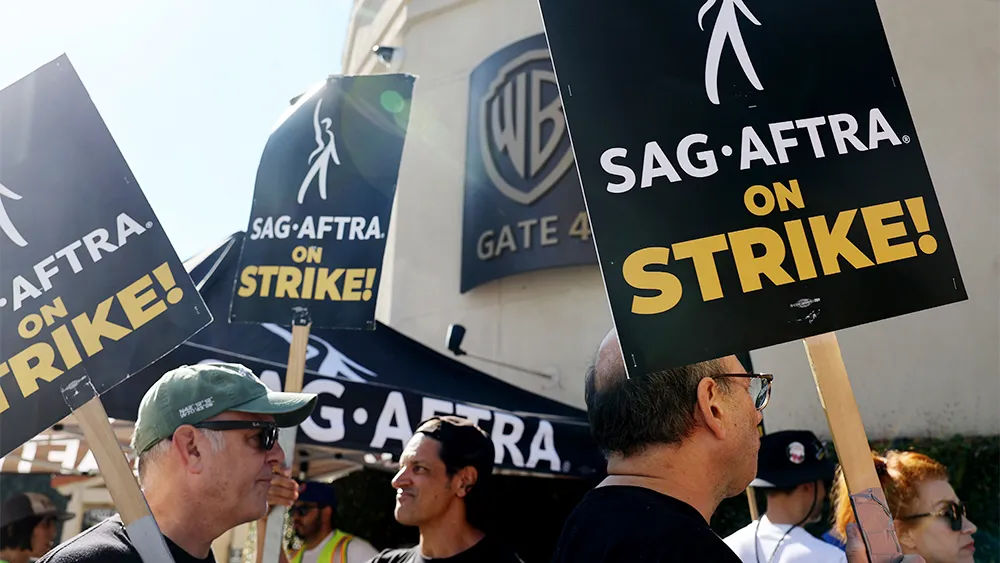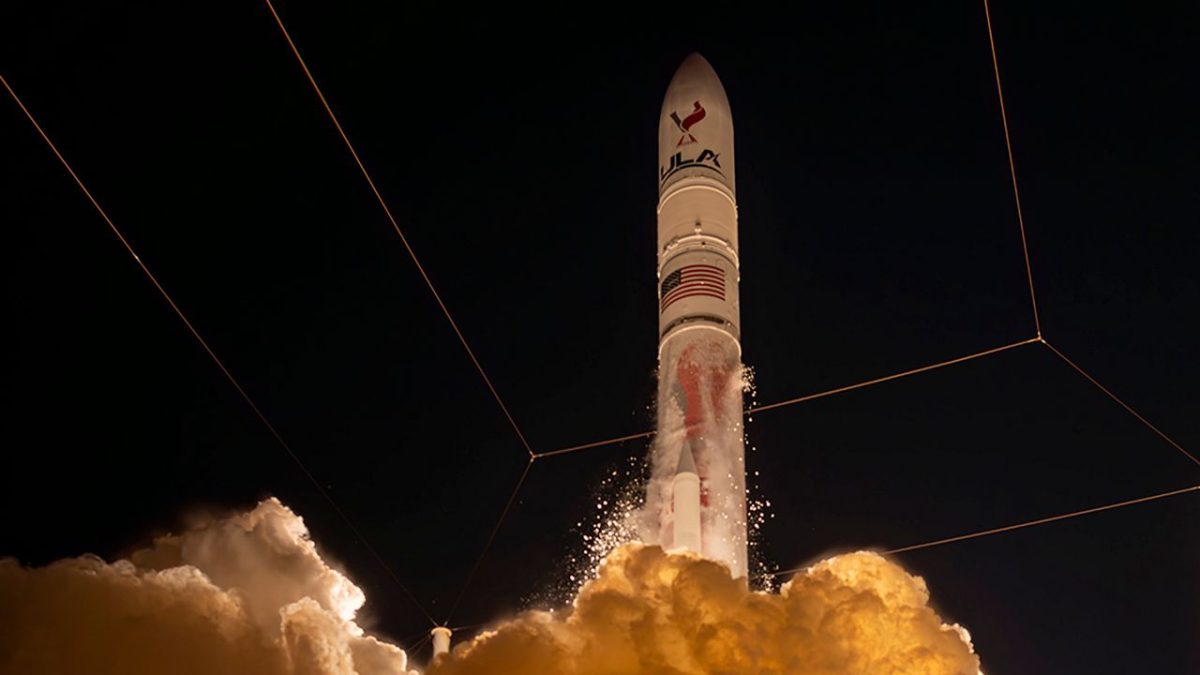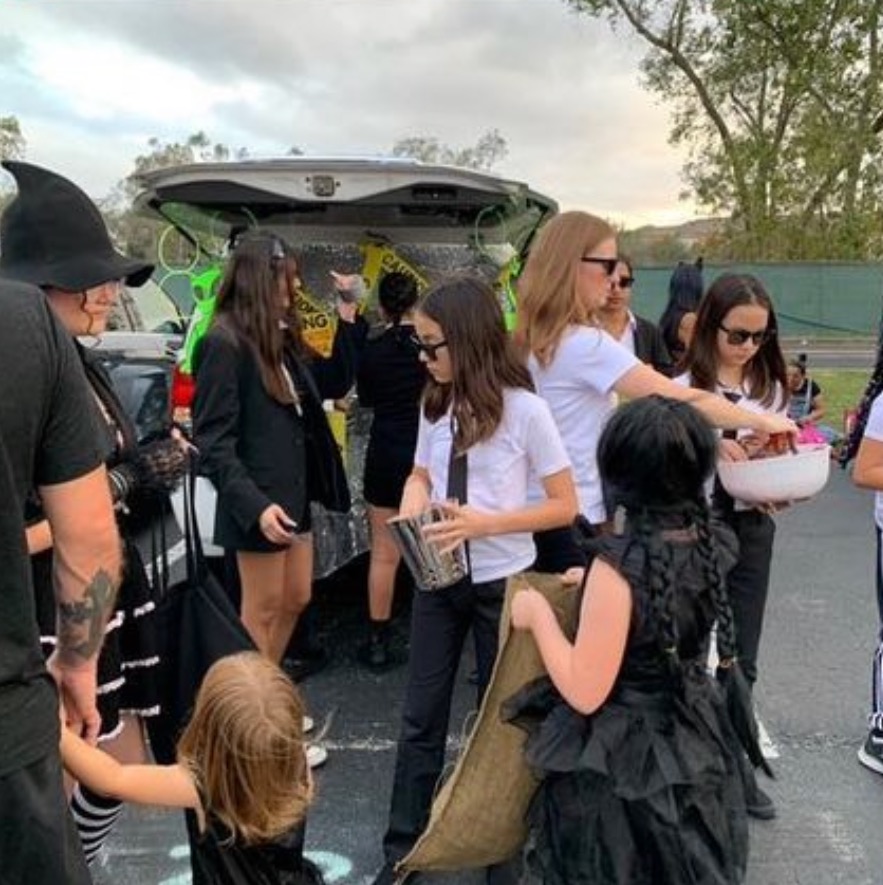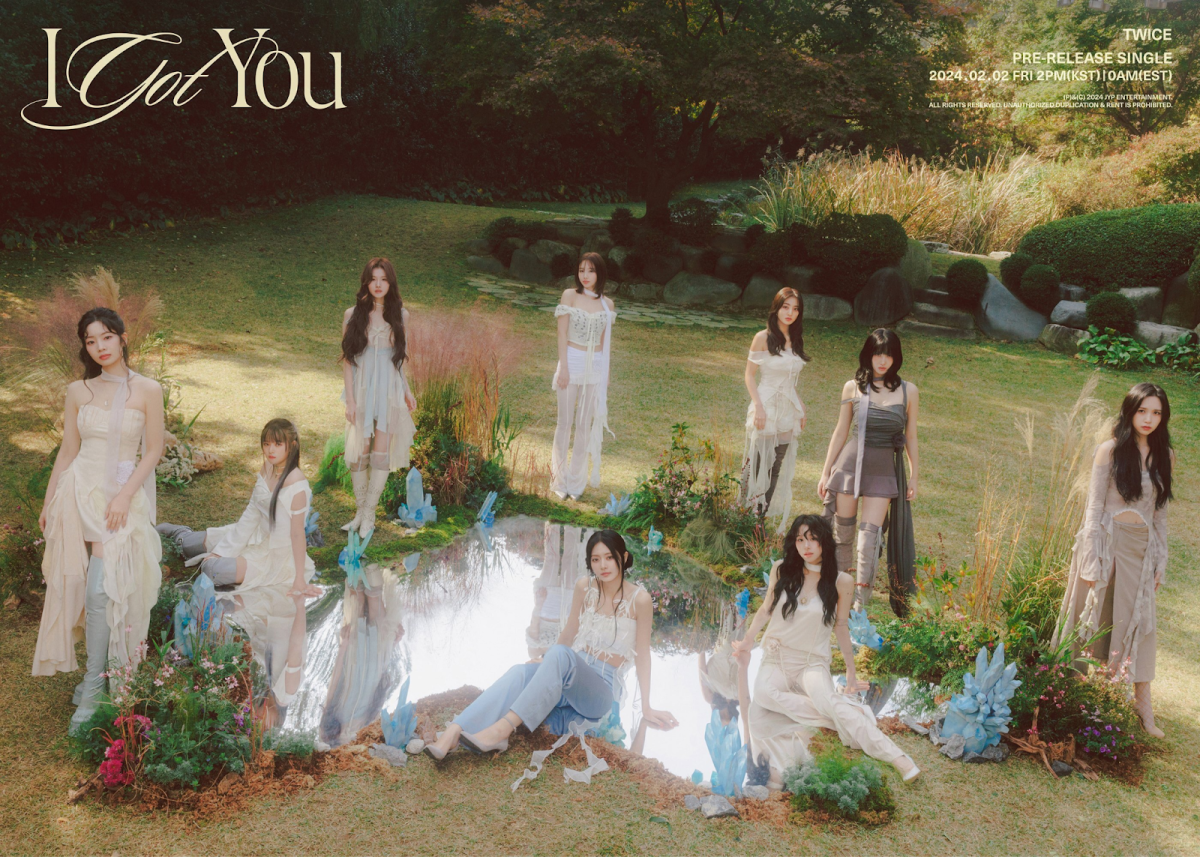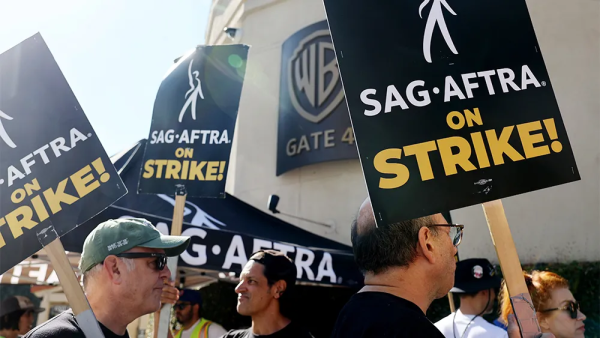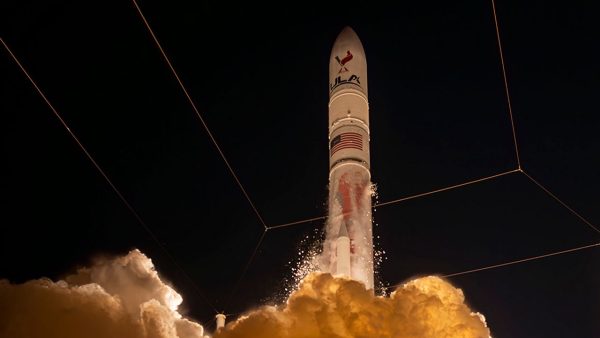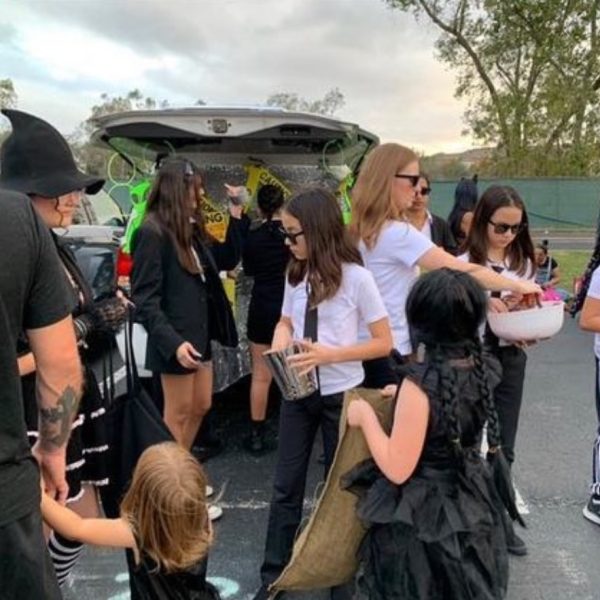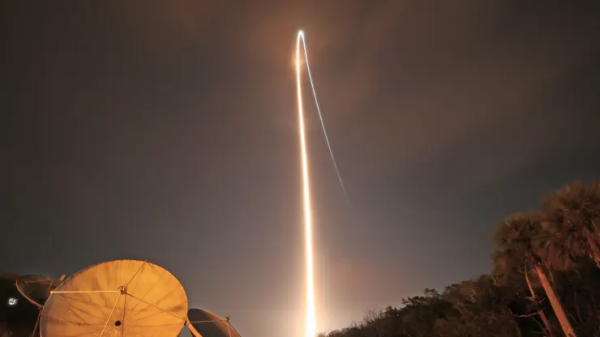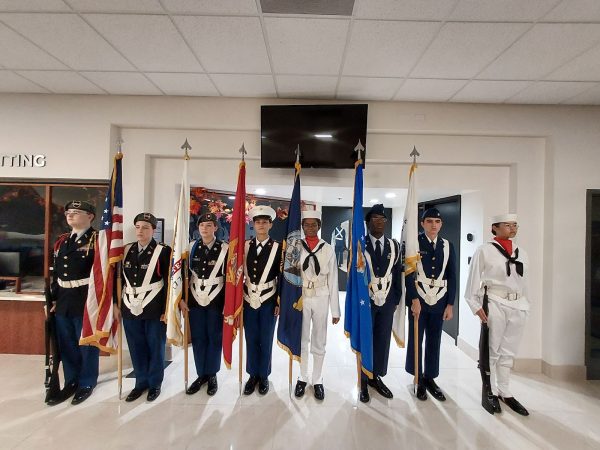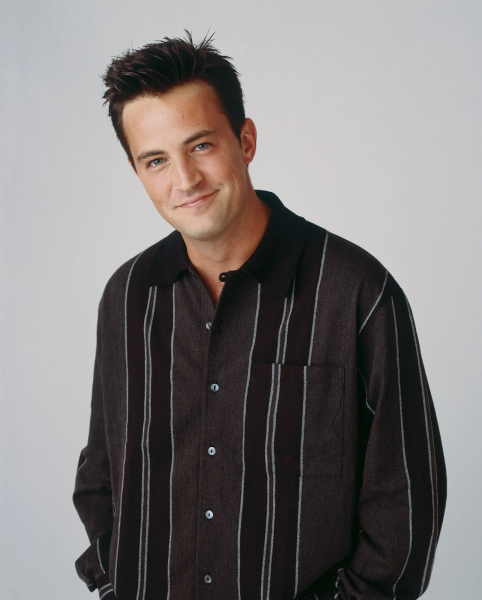Celebrating Women’s History Month
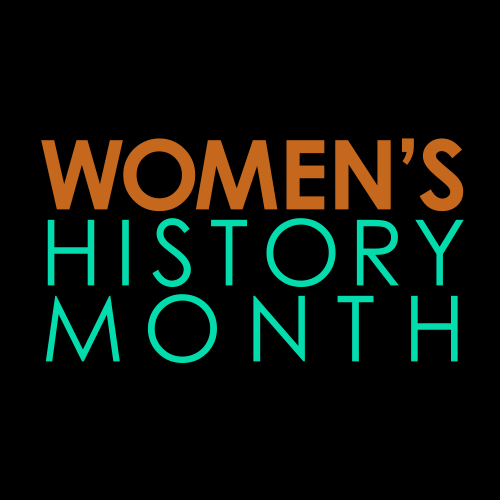
March 8, 2019
March marks the start of Women’s History Month, an annual commemoration that highlights the contributions that women have made in history to the contemporary society that we as humans live in today.
Getting its start as a small-town school celebration in California, Women’s History Month is a widespread movement with payments to history, culture, and society, while at the same time it serves as a way to deliver demands of equality for women in the United States.
Beginning in the district of Sonoma, California in 1978, the week-long observance included presentations in schools and a “Real Women” essay contest. A parade was also held in downtown Santa Rosa.
Two years later, President Jimmy Carter issued the first presidential proclamation, declaring the week of March 8th as National Women’s History Week. The idea of highlighting women’s continued achievements caught on and was later expanded to the entire month of March by the National Women’s History Project.
Since 1975, the United Nations General Assembly has sponsored International Women’s Day (March 8th) in order to “recognize the fact that securing social progress, the full enjoyment of human rights and the fundamental freedoms require the active participation equality and development of women,” according to the UN.
In March of 2011, the Obama administration released a report, Women in America: Indicators of Social and Economic Well-Being, showing the status of women in the US in 2011 and how it has progressed over time.
With movements like #MeToo and Time’s Up which have uprooted the public’s conversation about gender equality becoming more frequent, the culture has shifted within America and other countries. For the first time ever, the world is aware and put on notice of the efforts of millions of women that once were suppressed by deviant beings.
Here are three women that have changed the world.
Malala Yousafzai
Yousafzai is a Pakistani activist who when 11 years old, gave her first speech at the protest of her school’s closing. Her speech, “How Dare the Taliban Take Away My Basic Right to Education?”, showed her values of education and was later published throughout Pakistan. In 2012, a Taliban shot her three times because of her views on equal education on her way home from school. She overcame this great feat and became the youngest Nobel Prize recipient for her struggle against the suppression of equal rights for education.
”Education is education. We should learn everything and then choose which path to follow. Education is neither Eastern nor Western, it is human.”
-Malala Yousafzai, I Am Malala: The Story of the Girl Who Stood Up for Education and Was Shot by the Taliban
Oprah Winfrey
Oprah Winfrey, possibly the nation’s most popular female entertainers, according to the Tennessee Encyclopedia has attained incredible achievements throughout her lifetime. Best known for her talk show, The Oprah Winfrey Show, which has claimed the title of the highest-rated daytime talk show in American history according to according to Forbes. Winfrey was North America’s first African American multi-billionaire.
“The great courageous act that we must all do, is to have the courage to step out of our history and past so that we can live our dreams.”
-Oprah Winfrey
Anne Frank
At the age of 13, Frank and her family went into hiding to hide from the Nazi persecution of Jews. She was gifted a diary from her parents which was later published and gave the public a glimpse into the life of hiding that her family endured. Frank later died due to typhoid fever in Bergen-Belsen, a Nazi concentration camp in Germany.
”Human greatness does not lie in wealth or power, but in character and goodness.”
-Anne Frank

